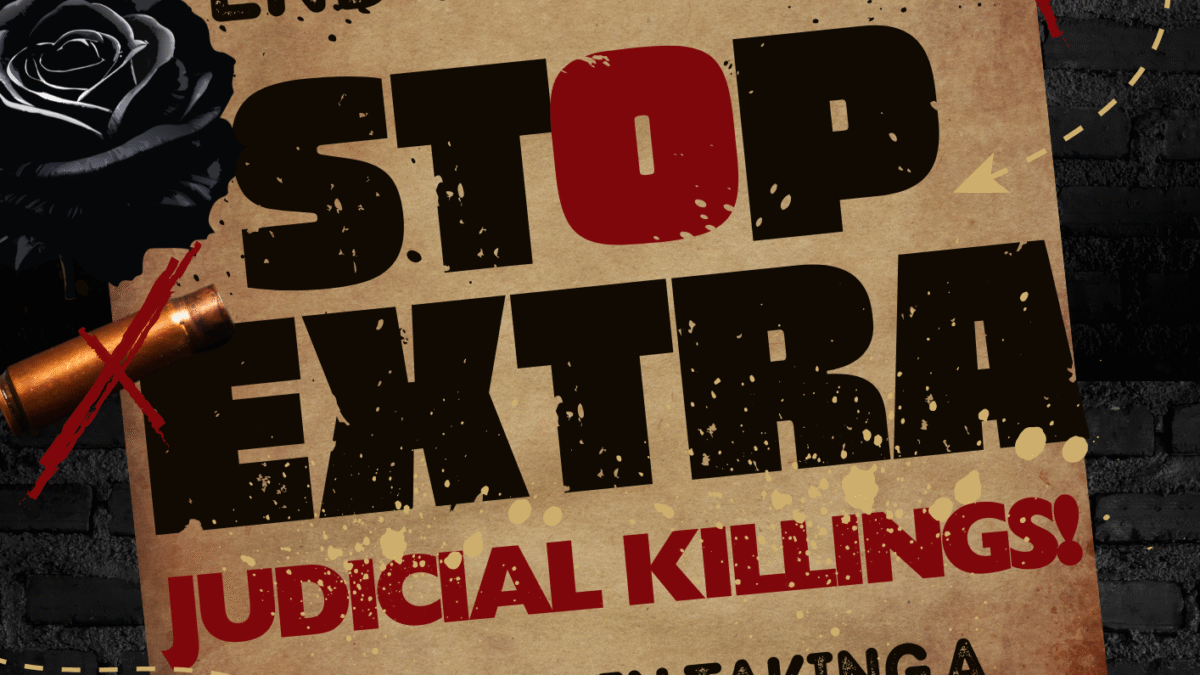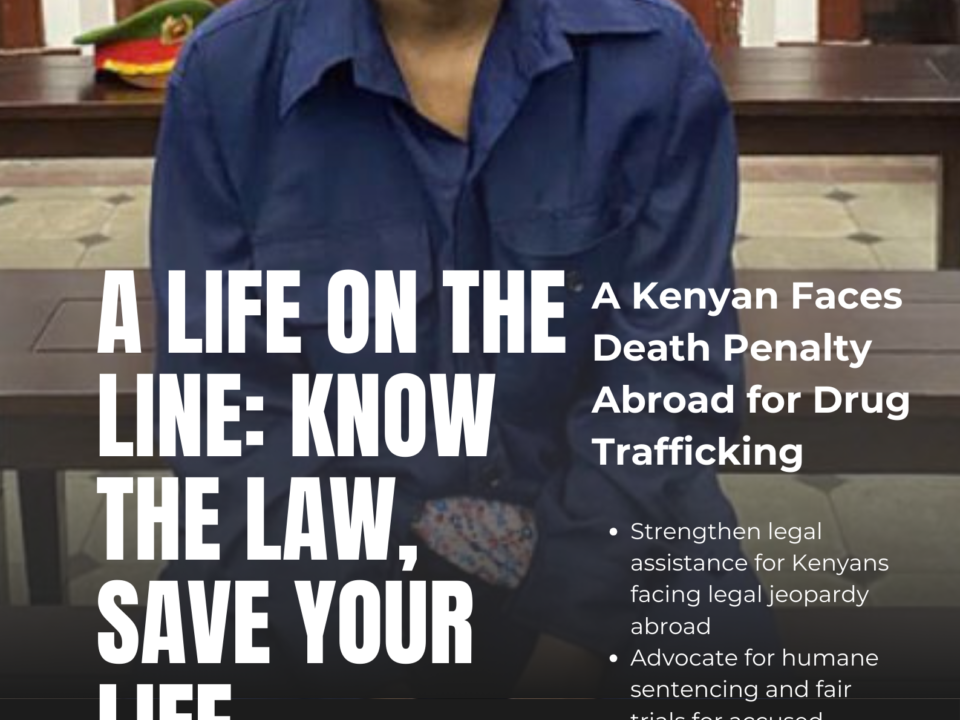
🔍 When Courts Choose Procedure Over Justice: A Missed Opportunity to Rethink Mandatory Life Sentences
April 14, 2025
Restoring Dignity, Reimagining Justice: Lessons from CELSIR Africa
May 22, 2025In Kipkaren estate, Eldoret, tragedy struck. A 25-year-old man named Ali was allegedly arrested by police, assaulted, and thrown into the Sosiani River—later found dead. A key eyewitness to the incident? Also abducted and found dead days later.
This is not an isolated incident. Extrajudicial killings in Kenya—particularly by security forces—are fast becoming a normalized tragedy. And the chilling pattern of police brutality, impunity, and human rights violations is now impossible to ignore.
Last week, 12 Kipkaren residents were arrested during protests demanding justice. No charges were presented immediately. They were denied police bail and held for days, finally arraigned three days later in Eldoret. What sparked their anger wasn’t just Ali’s death—it is the continued betrayal of public trust.
Meanwhile, in Kisumu, the high-profile case of Baby Samantha Pendo has resurfaced. The six-month-old infant became a national symbol of police violence during Kenya’s 2017 post-election unrest. She was fatally injured during the unrest while inside the house.
This month, eight senior police officers initially charged in the Baby Pendo case were cleared of murder charges and turned into state witnesses. Rights groups, including Amnesty International, condemned the move—accusing the Director of Public Prosecutions of shielding command-level perpetrators and failing to involve the Independent Policing Oversight Authority (IPOA).
Meanwhile, four lower-ranking officers now face charges under the International Crimes Act, including murder as a crime against humanity, torture, and rape.
At CELSIR, we stand in solidarity with the people of Kipkaren, the family of Baby Pendo, and all victims of state violence in Kenya. Our legal system cannot pick and choose accountability. Justice delayed—or denied—only deepens public mistrust.
The same week, the country reeled from another high-profile killing: the assassination of Kaspul MP Charles Ong’ondo Were. Shot dead at a traffic stop near City Mortuary, forensic analysis linked one of the recovered weapons to three other violent robbery cases in Nairobi and Kiambu counties.
Ten suspects are in custody, including public servants and gang affiliates. A staggering amount of evidence has been uncovered: ballistics, cash, CCTV footage, and witness testimonies. But the question remains—how deep does this go, and who’s protecting who?
💬 What Must Be Done?
Kenya is standing at the edge of a justice crisis. Unless human rights abuses by security forces are punished at all levels—including command responsibility—the cycle of violence will continue. Police reforms, independent oversight, and victim-centered justice are not luxuries—they are constitutional imperatives.
At CELSIR, we continue to push for:
- Legal reforms and strategic litigation in cases of extrajudicial killings
- Support for victims and families seeking justice
- Increased accountability for state actors and duty bearers
📢 Join Us in Calling for Justice
We urge the Judiciary, the Office of the Director of Public Prosecutions, IPOA, and Parliament to address this escalating crisis. We cannot afford selective justice. We cannot afford silence.
💬 Need Legal Help or Support?
If you or someone you know has been affected by police brutality or human rights violations, CELSIR is here for you.
📞 Call or WhatsApp: +254 720 579 513
📧 Email: celsirke@gmail.com
🌐 Visit: www.celsir-africa.org/
Your voice matters. Your rights matter. Let’s seek justice—together.
Article By:
Anne Munyua
Executive Director, CELSIR




